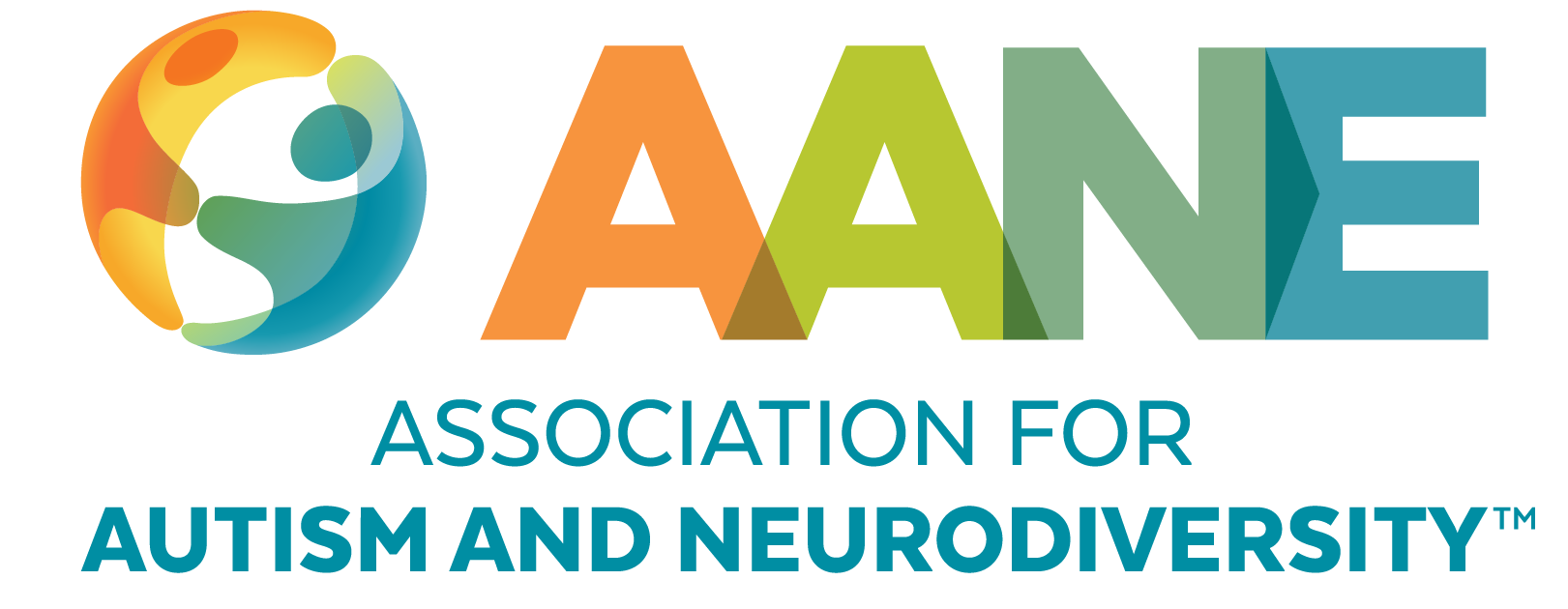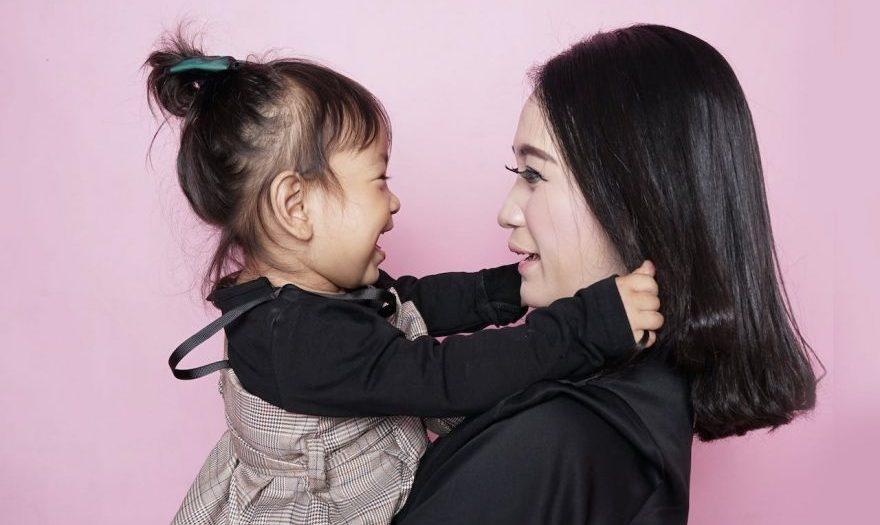
“I think my parent is neurodivergent.”
About the Author
Dania Jekel, MSW is co-founder and former executive director of AANE. She was one of the first people to develop programs to train professionals about the needs and strengths of people on the autism spectrum, especially adults, women, and those who receive a diagnosis later in life. She also served on the Massachusetts Autism Commission.

Many adults – both Autistic and neurotypical – come to us to discuss an important issue in their life: Once they understand more about neurodiversity, they have come to realize that one or both of their parents might be Autistic. Perhaps they are seeking greater insight into their childhood by working with a therapist, doing their own research on family dynamics, or have recently discovered their own child is Autistic and recognize characteristics in their own parent(s). Often, these people come to AANE for information, and to understand their own experiences. Sometimes they ask if we can connect them with other adults who were also brought up by parents on the spectrum. Many wonder how they can process this information, and whether or not to discuss this possibility of neurodivergence with their parent – who may not be aware of neurodiversity or see any connection between themselves and autism.
Why Neurodiverse Parenting May Look Different
Before we look at this discovery process, I think it is helpful to understand why the parenting style of an Autistic person may appear different from neurotypical parents. Autistic parents might show their love and care for their children differently from what a neurotypical person expects. The unpredictable nature of children and parenting may also be inherently challenging for them, such as the disruption of developed routines, or changes to home environments that were suitable for a parent’s particular neurology. No matter how wanted, welcome, and loved a child may be, their introduction can feel particularly disruptive to an Autistic caregiver’s life, and lead to a puzzling mix of experiences for their child. On the one hand, a child may have enjoyed interests with the parent, shared their intellectual or artistic pursuits, and benefitted from the comfort of household routines. On the other hand, a child may have perceived their parent to be inattentive (or over-attentive), emotionally aloof, or possessing unrealistic expectations. If the parents were challenged by the change having children made in their lives, the child could have absorbed their parents’ feelings of stress and anxiety. Children who experienced this without the understanding of neurodiversity might feel residual pain from not yet understanding their family’s dynamics, or misinterpret their parents’ preferences as a lack of physical or emotional availability. New awareness and knowledge of autism may shed some welcome light on a lifetime of unresolved feelings.
Processing Neurodivergent Parenting
If you are currently realizing that one or both of your parents might be Autistic, consider that the most constructive part of this process could be how you respond to and learn from the experience. Viewing your relationship with your parent(s) through a new lens can help you understand and reinterpret your interactions. The decision to bring this up with a parent is a very personal choice, with many factors to contemplate. If you are thinking about sharing this information with a parent, you may wish to consider the following strategies before starting the conversation:
- Discuss With Other Family Members First. Broach the topic with a trusted family member – such as a sibling, or another parent – who could give their opinion. This may be helpful to get a sense if they see the same traits as you.
- Understand Your Motivations. It is critical to examine your motivations for bringing this information to your parent or caregiver, and what you hope to gain from the conversation. Do you feel anger or resentful, even for understandable reasons, that could influence the interaction? Might these feelings put those concerned on the defensive, and possibly risk alienation? Be guided by your desire to become closer to your parent, or repair damage from a history of misunderstandings, rather than assigning blame for what has happened in the past, and your interaction will have a much better chance of being a positive one.
- Use Your Knowledge to Understand Their Motivations. Hopefully, what you have learned about autism will allow you to understand your parents’ motivations and experiences as well. Consider how your new understanding could lead to a more compassionate relationship with your parent.
- Prepare for a Variety of Responses – and Be Patient. It is important to prepare for a wide array of reactions from your parent(s) if you decide to bring this information to them. They could respond with recognition, understanding, and relief, or denial, anger, and hurt feelings. Their reaction may also evolve over time as more reflection occurs. Be patient, and recognize that even if and when your parent recognizes their neurodiversity, this will not change who they are.
- Review of the Past / Focus on the Future. Consider carefully how helpful revisiting past events in your life will be for you. While “clearing the air” over particular aspects of your family’s history might be helpful, it could be far more constructive to focus on your relationship going forward, and how this new understanding can strengthen your acceptance of each other and your relationship.
No matter what your decision, you will benefit from your own processing, and hopefully come to a greater understanding of how to reach a place of acceptance and reconciliation with your parent.
Stay Current
Subscribe for AANE weekly emails, monthly news, updates, and more!





